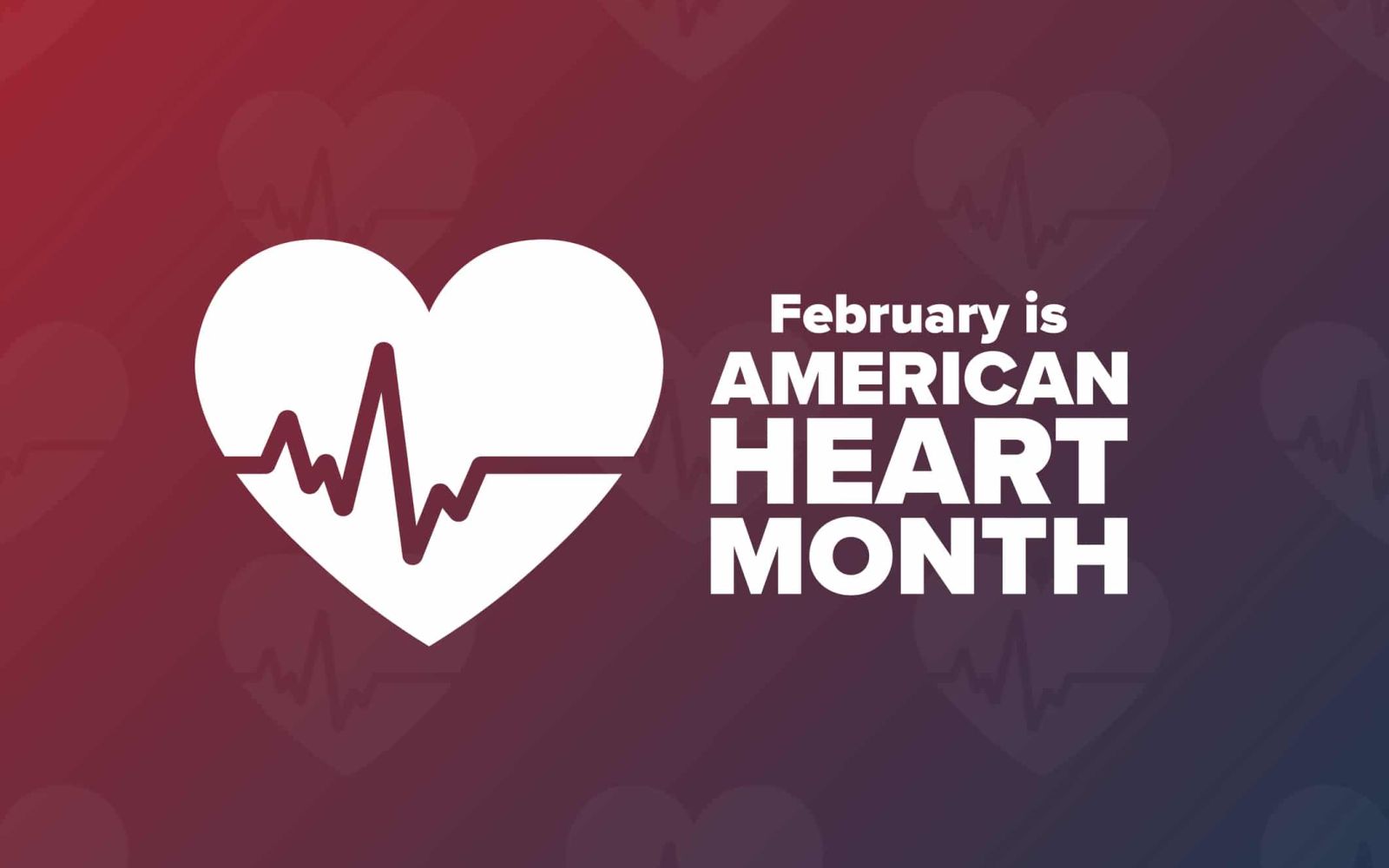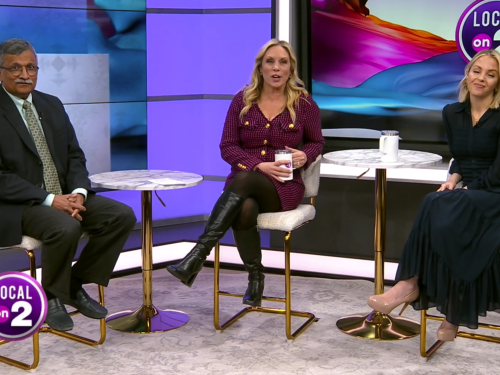Black Women – At the Heart of Risk
In February we celebrate Valentine’s Day with flowers and hearts. Coincidently, February is also American Heart Month, and the perfect time to draw attention to the heart health of the women we love.

In February we celebrate Valentine’s Day with flowers and hearts. Coincidently, February is also American Heart Month, and the perfect time to draw attention to the heart health of the women we love. Sadly, that awareness must include recognizing that heart disease disproportionately affects – and endangers – Black women, and there are stats, facts and figures to illustrate this disparity.
In general, African Americans over the age of 18 are 30% more likely to die of heart disease, and 40% of that same population are more likely to have high blood pressure than non-Hispanic whites. On an even more micro level it’s worse still for Black women, specifically. They are 60% more likely to have high blood pressure in the first place1, they die of heart disease at a rate of 168 per 100,000 deaths vs. 130 for non-Hispanic white women2, and fewer than half of those with hypertension – if they’re even been diagnosed in the first place – have it under control3
Altogether, almost 60% of Black women have cardiovascular disease and it kills more than 50,000 of them every year. Also, Black women, despite being twice as likely to have a stroke than white women, are unlikely to even be aware of the heightened risks that they, as Black women, face. 4
What accounts for this grim state of affairs?
Major risk factors common within the Black population as a whole drive these elevated levels of heart disease and increased odds of having a stroke. They include behaviors and practices that can – and should – be curtailed and controlled, such as smoking, leading a sedentary lifestyle, a lack of exercise, and obesity. There are others that are beyond one’s control, however, including age, race and family history. Still others can fall somewhere in between, such as diabetes and high blood pressure. Research has even found that there may be a gene that makes Black people more sensitive to salt. When this gene is present its effect on blood pressure can be dramatic, and dangerous. For Black people who carry this particular genetic trait even as little as half a teaspoon of salt can raise blood pressure by five millimeters. 5
Also, even though all these are statistically more prevalent among Black women, there exists a general lack of awareness that, if rectified, could drive prevention. High blood pressure, for instance, if discovered and treated early, can be controlled relatively easily and dangers down the line averted.
So, what’s to be done?
There are modest diet and lifestyle changes that can improve heart health and lower a Black woman’s risk for cardiovascular issues by as much as 80%6. A relatively “easy 10” that do not require medication are :
- Lose weight
- Exercise regularly
- Eat healthy
- Reduce salt
- Drink less
- Stop smoking
- Get adequate sleep
- Reduce stress
- Monitor blood pressure at home
- Create a supportive environment
Good health starts with good information, so it behooves Black women to “know their numbers,” primarily around blood pressure7, body mass index, blood sugar and cholesterol.
The ideal numbers for most people are 120/80 for blood pressure, meaning that when the heart beats the pressure in one’s arteries should be 120 millimeters systolic, and that the pressure when the heart rests between beats is 80. Body mass index (BMI) is a person’s weight divided by height, the ideal for most people being 25kg/m2. Fasting blood sugar should be 100mg/dL, and once cholesterol has been checked a conversation with a healthcare provider will help determine its impact and how to minimize any risk it may present.
No one does it alone, nor should they. Many healthcare organizations offer programs that support heart health, and in ways that go beyond diagnosis, treatment and care. Nashville General Hospital’s services, for instance, include a Food Pharmacy that addresses food insecurity, expanding the idea of “food as medicine” from dietary needs associated with specific diagnoses to a resource for healthful eating that improves the health of communities. The most profound way to demonstrate care for the women in our lives is by making healthy choices and options like these visible, available, and accessible.
- https://minorityhealth.hhs.gov/omh/browse.aspx?lvl=4&lvlid=19
- https://www.cdc.gov/nchs/data/nvsr/nvsr69/nvsr69-13-508.pdf
- https://www.cdc.gov/nchs/data/databriefs/db289.pdf
- https://www.goredforwomen.org/en/about-heart-disease-in-women/facts/heart-disease-in-african-american-women
- https://www.goredforwomen.org/en/about-heart-disease-in-women/facts/heart-disease-in-african-american-women
-
https://www.goredforwomen.org/en/know-your-risk/risk-factors



